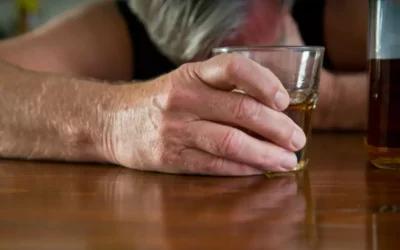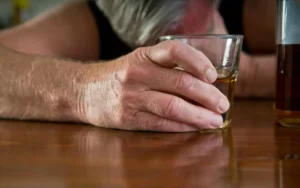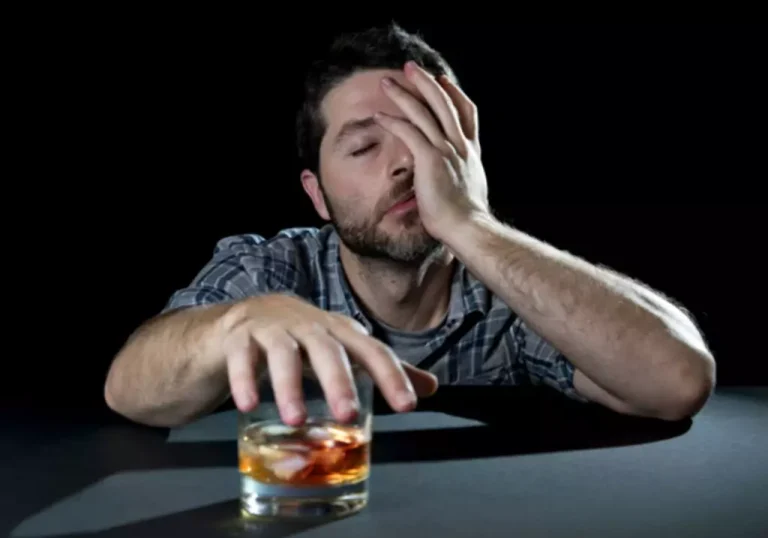Myths vs Facts: Debunking Common Misconceptions About Recovery

By addressing these myths head-on, we can foster a more compassionate and informed society. This will help create an environment where individuals struggling with addiction feel safe to seek help, and where the broader community can offer support and understanding. Overcoming addiction is not an easy task, and it often takes multiple tries myths about addiction and recovery before it is successful. Relapse can make a person feel shame, guilt, and hopelessness about their situation, which may make it more difficult for them to seek help again.
How does addiction affect the brain’s reward pathway?

We should also provide tailored treatment for those struggling with addiction. It should be based on the individual’s needs and circumstances, no matter their age, income, ethnicity, religion, family, or profession. Plus, everyone should have access to affordable treatment options. To break down these misconceptions and promote better understanding, we must educate others about the nature of addiction.

Myth 2: Only certain types of people become addicted
There are numerous misconceptions surrounding addiction and recovery, and in this section, we will debunk some of the most common ones. From understanding the prevalence of substance use disorder to emphasizing the importance of addressing mental health issues through dual diagnosis, we will delve into the realities of addiction. We will also explore the harmful effects of prescription drugs, debunk stereotypes surrounding addiction and physical appearance, and shed light on the seriousness of alcoholism.
Myth #3: You can’t get addicted to marijuana or vaping.

When certain substances are consumed, they can lead to significant changes in neurotransmitter levels, most notably dopamine. These factors collectively illustrate that addiction is not simply a choice, https://ecosoberhouse.com/what-are-sober-living-houses/ but rather a complex interplay of various influences that can affect anyone, regardless of their background. Understanding these elements can foster better empathy and support for those facing addiction issues. In recovery, you’ll have the chance to explore new hobbies, build healthier relationships, and engage in meaningful activities that don’t involve substances. Many people find that their lives are richer and more rewarding in recovery than they ever were before.

Myth #8: People Will Judge My Decision
These myths can create unnecessary barriers for those considering treatment, leaving them unsure or hesitant to take the first step toward healing. Gateway’s aftercare programs are designed to provide you with a safety net after you leave your initial treatment program. Even after several weeks in treatment, it’s crucial to have the support you need as you gain your life back.
- Challenge stigmas and promote compassion to foster empathy in society.
- Recovery professionals provide valuable tools and resources, such as therapy, medical care, peer support, and relapse prevention strategies.
- It affects the brain’s reward system, leading to compulsive drug use or engagement in addictive behaviors.
- It is a chance for individuals to reassess their strategies, identify triggers and underlying issues, and strengthen their relapse prevention skills.
- While some people may attempt to quit using substances on their own, professional support greatly increases the chances of long-term success.
- People do not choose to become addicted any more than they choose to have cancer.
- It’s a complex disease and the medical community doesn’t understand it fully.
- Many people believe that recovery programs are only for individuals with extreme or life-threatening addictions.
It shows the requirement for changing treatment strategies or added support services. The truth of addiction recovery is often hidden by myths and false ideas. It is crucial to differentiate between what is real and what is not, in order to deliver correct info and aid those on their recovery trip. Form genuine connections with others, build trust, support, and respect.
Accessibility Options

It lowers self-esteem, creates guilt, and leads to further substance abuse in order to mute these bad feelings. By debunking the myth that recovery is a quick process, we can promote a more realistic understanding of addiction and recovery. It is essential to support individuals in their journey by providing them with the necessary resources, empathy, and understanding they need to navigate the complexities of recovery. One of the most prevalent myths surrounding addiction is the belief that only weak-willed individuals become addicted.
- Once a patient reaches a certain point in their progress, their medical team can then begin to ease up on the use of medications to treat their symptoms.
- Addiction rewires the brain and negatively alters the brain’s reward pathway.
- This doesn’t mean previous treatments failed, because the person with addiction still made progress overall in getting well.
- By recognizing addiction as a complex medical condition, we can offer compassion, support, and evidence-based interventions to help individuals on their path to recovery.
- The belief that one must reach “rock bottom” delays access to care and puts them at risk of further harm.
Footer Social
Research has shown that addiction is a multifaceted issue involving changes in brain chemistry and functioning. It alters the brain’s reward system, leading to compulsive drug-seeking behavior and difficulty in controlling substance use. This biological aspect of addiction demonstrates that it is not solely a matter of willpower or moral strength.